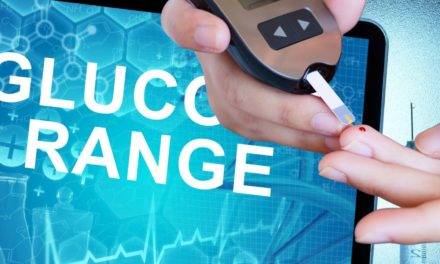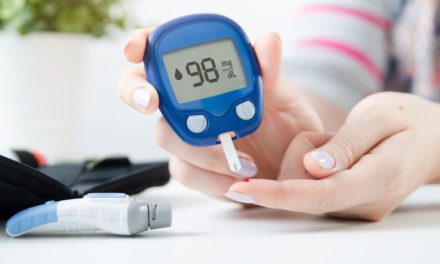Introduction
High blood sugar, also known as hyperglycemia, is a condition that occurs when the level of glucose in the bloodstream is higher than normal. While it’s a common concern for individuals with diabetes, it’s important for everyone to recognize the early symptoms of high blood sugar. In this informative article, we will shed light on the signs that act as informers, alerting you to the presence of elevated blood sugar levels. By understanding these symptoms, you can take proactive steps towards managing your health and seeking appropriate medical attention when necessary.
High Blood Sugar: The Basics
High blood sugar occurs when the body doesn’t produce enough insulin or becomes resistant to insulin, causing glucose to accumulate in the bloodstream.
The Informer Signs
- Frequent Urination: Increased blood sugar levels lead to excess glucose in the urine, triggering frequent trips to the bathroom.
- Excessive Thirst: The body attempts to flush out excess glucose through urine, leading to dehydration and increased thirst.
- Fatigue: Cells are unable to efficiently use glucose for energy, resulting in feelings of tiredness and exhaustion.
- Blurred Vision: High blood sugar can affect the lens of the eye, causing temporary vision problems.
- Slow Healing: Elevated blood sugar impairs the body’s ability to heal wounds and cuts efficiently.
- Increased Hunger: Cells may not be receiving enough glucose for energy, triggering persistent hunger.
Recognizing the Symptoms
- Pay Attention to Changes: Be aware of any sudden changes in your energy levels, thirst, or appetite.
- Monitor Your Body: Regularly check for symptoms like frequent urination, unexplained fatigue, or unusual hunger.
- Observe Your Vision: If you experience sudden blurry vision, it could be a sign of high blood sugar.
Take Action
- Monitor Your Blood Sugar: If you have diabetes or suspect high blood sugar, monitor your blood glucose levels regularly.
- Stay Hydrated: Drink plenty of water to help flush out excess glucose from the body.
- Choose Nutrient-Rich Foods: Opt for whole grains, fruits, vegetables, and lean proteins to help stabilize blood sugar levels.
- Consult a Healthcare Professional: If you experience persistent symptoms, consult a doctor for proper diagnosis and treatment.
Result
Recognizing the informer signs of high blood sugar is essential for maintaining your overall health. By understanding these symptoms and taking proactive measures, you can address elevated blood sugar levels before they lead to complications. Whether you have diabetes or not, staying informed about the potential indicators of high blood sugar empowers you to take control of your well-being. Let us stand united in raising awareness about the importance of recognizing these symptoms and advocating for regular health check-ups, ultimately promoting a healthier and more informed society.










